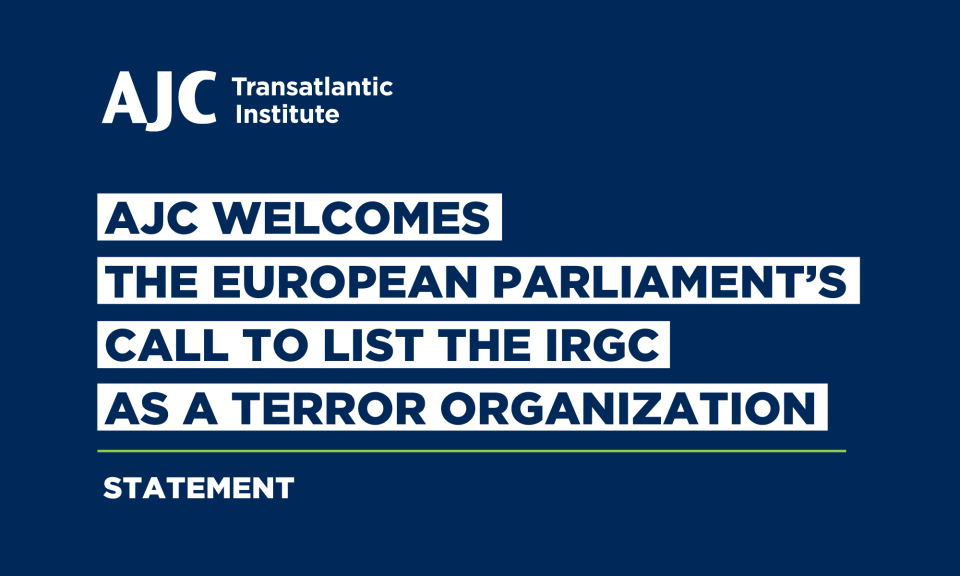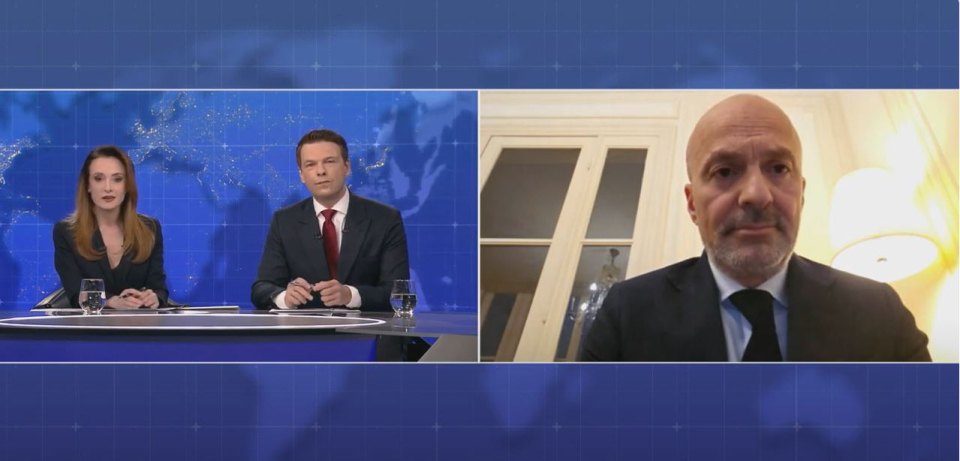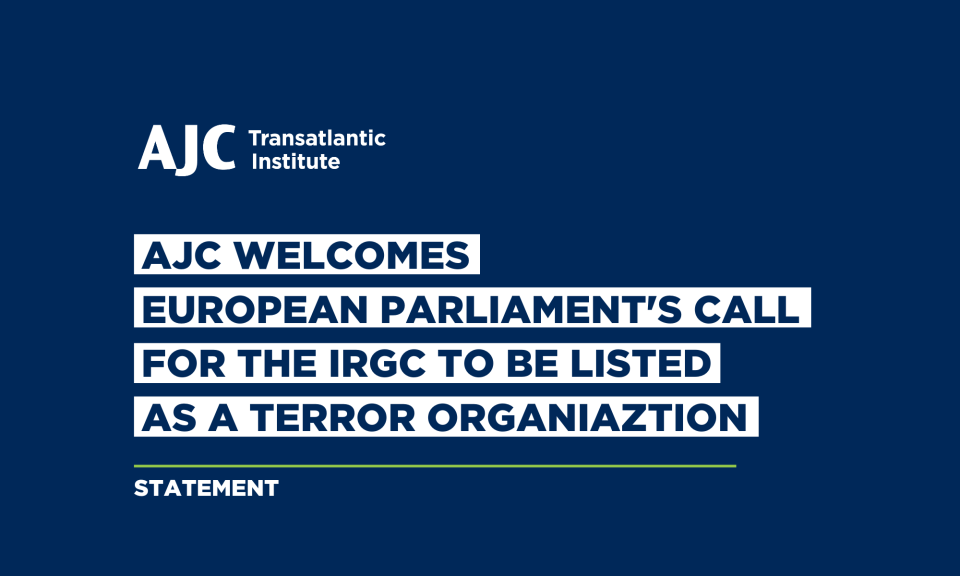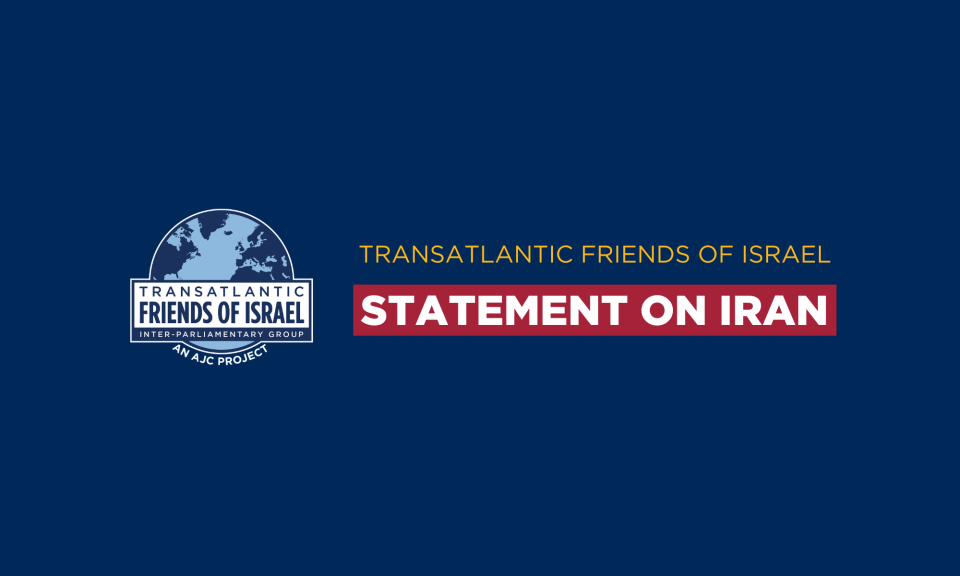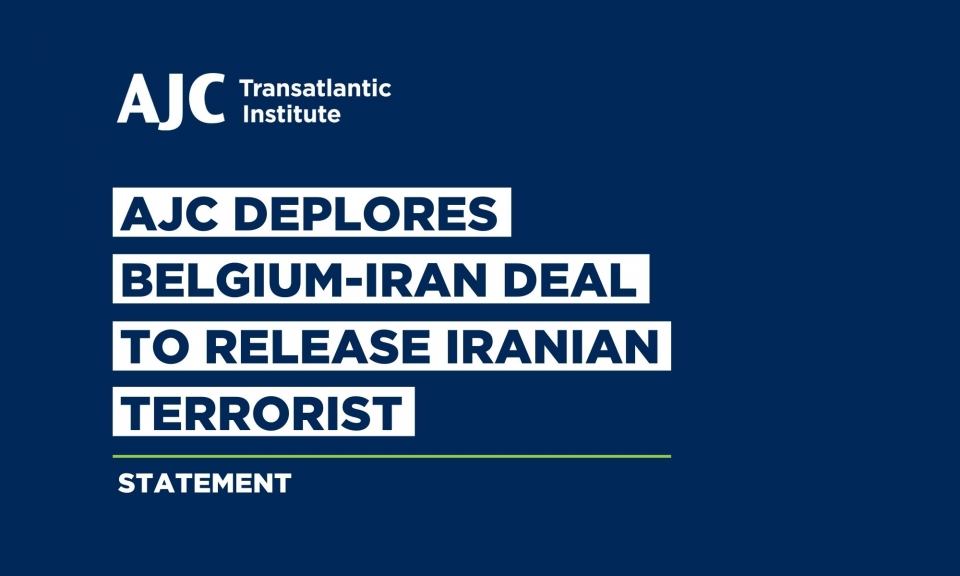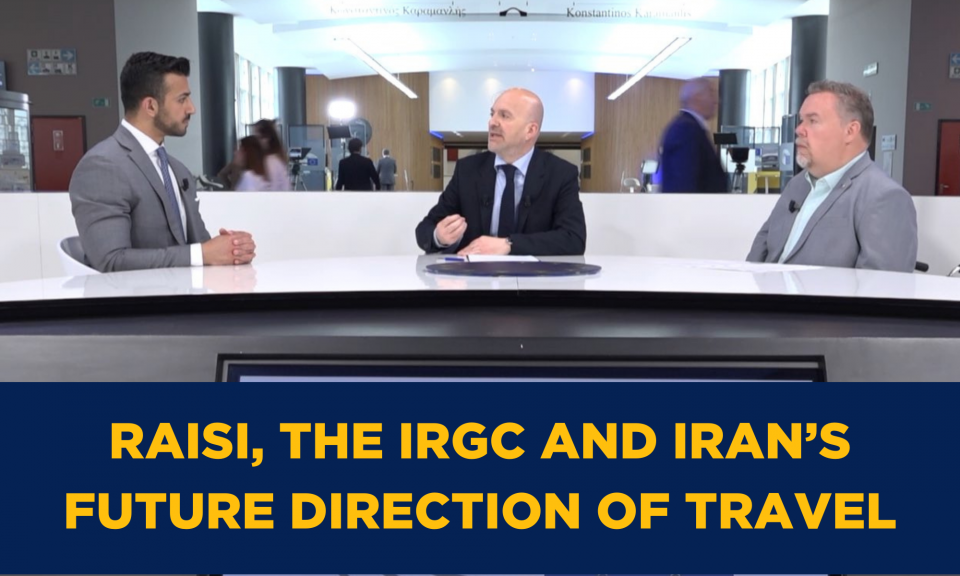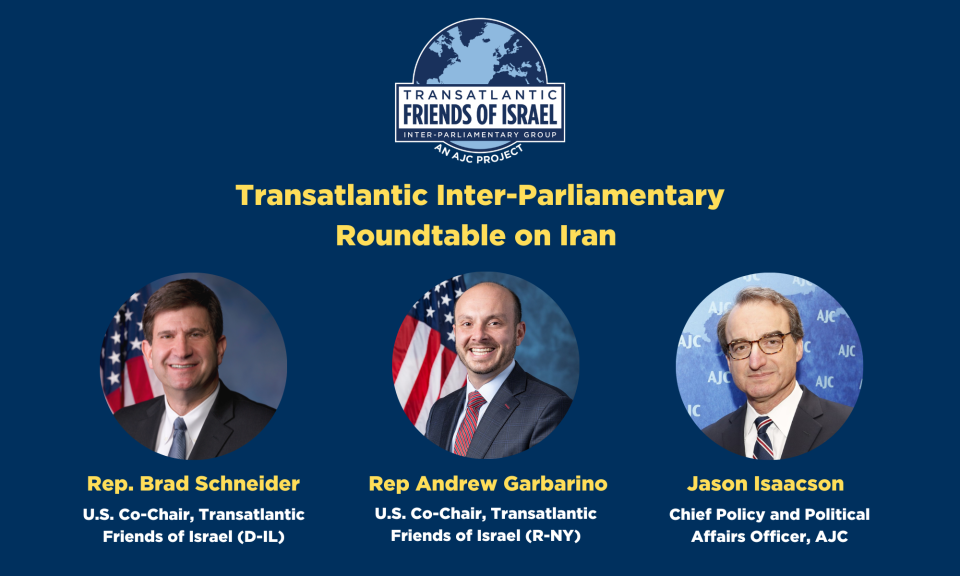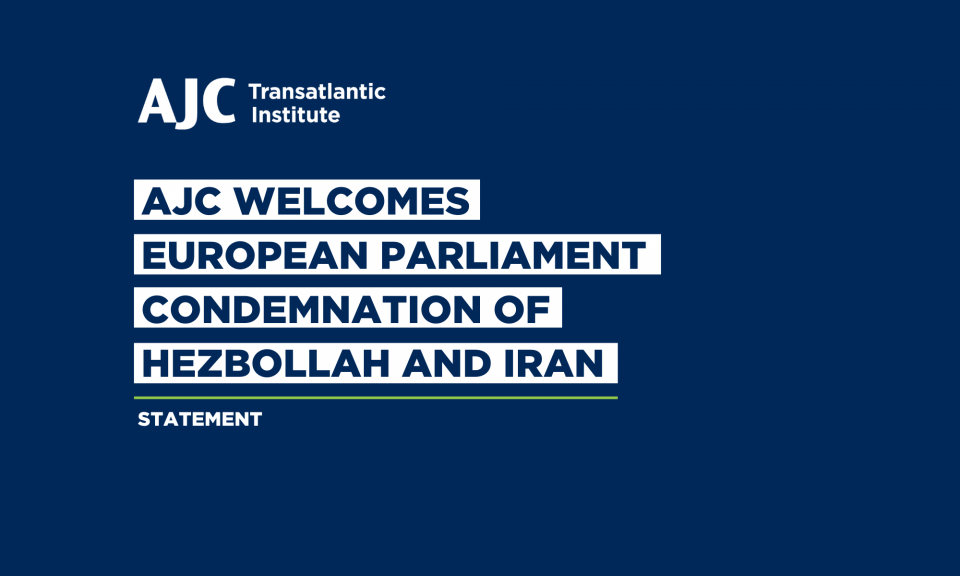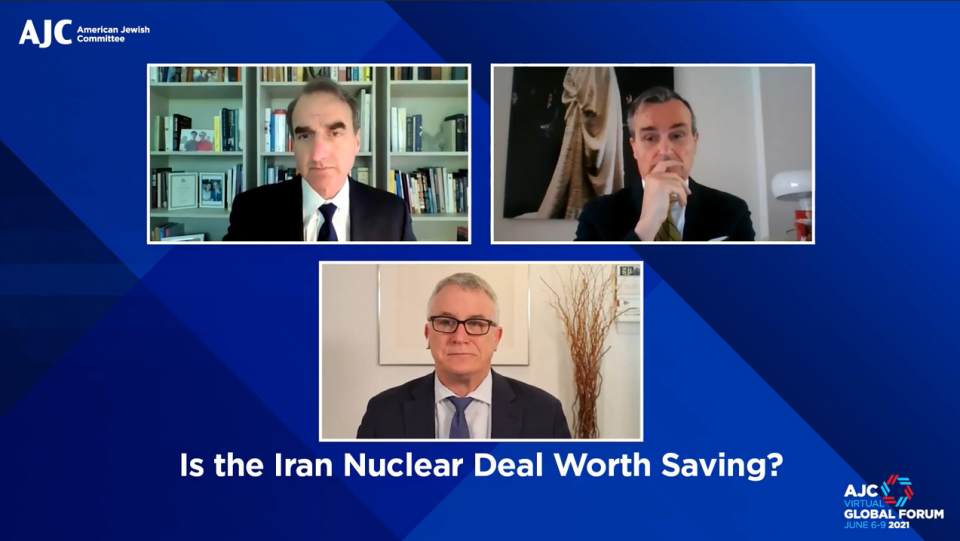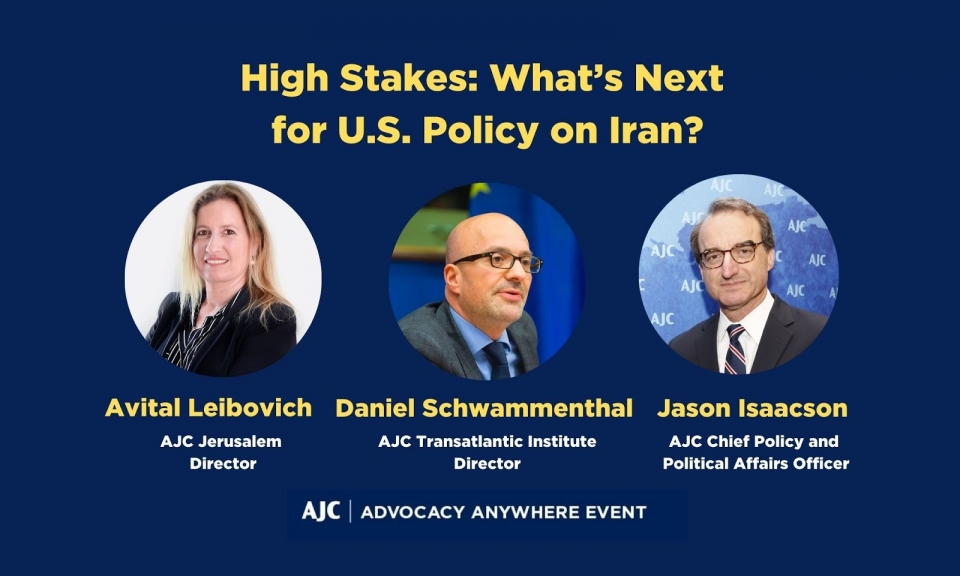Analysis
EU and Hezbollah: Half a Loaf is Far Better Than No Loaf
By David Harris
The European Union has now designated the “military wing” of Hezbollah as a terrorist organization. The decision came on July 22nd, when the EU’s 28 foreign ministers gathered in Brussels and voted unanimously, as required, to do so.
For many, including AJC, which has been active on the European scene for decades, this was a welcome step. But others in the Jewish world considered it too little, too late.
In principle, yes, it was too little.
After all, trying to bifurcate Hezbollah into “military” and “political” wings is seeking to make a distinction without a difference. They are the same, part and parcel of one “Party of God,” with one outlook and one mission. They can no more be divided internally than can the Ku Klux Klan, Al-Qaeda, Hamas, or the Nazis.
Thus, implementing the EU decision will not be a simple matter.
Hezbollah fundraisers in Europe don’t go around seeking donors for such earmarked projects, outlined in glossy brochures, as attacking the AMIA building in Buenos Aires, training agents for assaults in West Africa, or dispatching troops to Syria’s grisly war with rebel forces.
Rather, it’s all cloaked in concern for “widows and orphans” in Lebanon. Revealing the truth about such efforts and following the money require operational capacity and political will. It remains to be seen if the EU will have both.
And in principle, yes, it’s too late.
Hezbollah was a terrorist organization long before last year’s deadly attack in Bulgaria, an EU member state, and the later conviction of a Hezbollah operative in Cyprus, another EU member state, for scouting for terror targets.
No doubt, it took the EU far too long to reach a decision that should have been painfully obvious a decade ago, and that raised troubling questions about exactly why the regional group wouldn’t act.
But, as the saying goes: “The perfect is the enemy of the good.” And this week’s EU decision, against which Lebanon in particular lobbied energetically, is a good one, far more than might have been expected even 6-12 months ago.
It means that Hezbollah can no longer act with impunity in Europe. It has been named and shamed. Its activities on European soil will be monitored far more carefully. And Israel has just announced that as a result of the EU step, it will begin to share more intelligence on Hezbollah. No doubt, the U.S. will do the same.
After the 2012 attack in Burgas, Bulgaria, in which five Israelis and one Bulgarian were killed, the U.S. and Israel both pointed the finger at Hezbollah.
Many in the EU were skeptical, either because they didn’t believe it or didn’t want to believe it, lest they be forced to draw policy conclusions from it.
And there were even voices within Bulgaria that wanted the whole thing to go away as quickly and quietly as possible.
But—and this is a big but—Bulgarian Prime Minister Boiko Borisov and his government, including Foreign Minister Nikolay Mladenov and Interior Minister Tsvetan Tsvetanov, pressed ahead with their investigation.
Without their steely courage, determination and principle, the EU’s action on July 22nd might never have happened. They produced the evidence of Hezbollah involvement in an attack on European soil, which in turn demanded a European response.
And Cyprus added to the picture. After arresting a suspected Hezbollah operative, the Cypriot court successfully prosecuted him, proving his link to the terror group and his assignment to identify potential targets for a Burgas-like attack.
Again, there were those who hoped against hope that Cyprus wouldn’t press ahead. But, to its credit, it did.
As both cases evolved and it became clearer that the EU couldn’t just sit on its hands, and that all the excuses for inaction were ringing hollow, some suggested a path of least resistance – name a few Hezbollah military leaders, add them to the EU terrorism list, bar their entry into Europe, and freeze their assets, if any, held in European institutions.
At the other end of the spectrum, the Netherlands, the only EU country to list Hezbollah in its entirety as a terrorist group, wanted to see the 28 member states adopt the Dutch position. Regrettably, there was little appetite for that laudable option.
Britain took the lead in urging the EU to designate the “military” wing, as London had done years ago.
Ultimately, the British position prevailed, with a big boost from France, which indicated its openness to the idea six months ago, and Germany, which overcame some initial concern about whether there was sufficient legal evidence to stand up in the European courts should any decision be challenged.
So, was the EU decision too little? Yes.
Was it too late? Yes.
Was it nonetheless welcome? Absolutely.
And is the effort over? No, not until the EU joins the U.S., Canada, and the Netherlands in recognizing that Hezbollah is a unified, not a bifurcated, terrorist organization.
